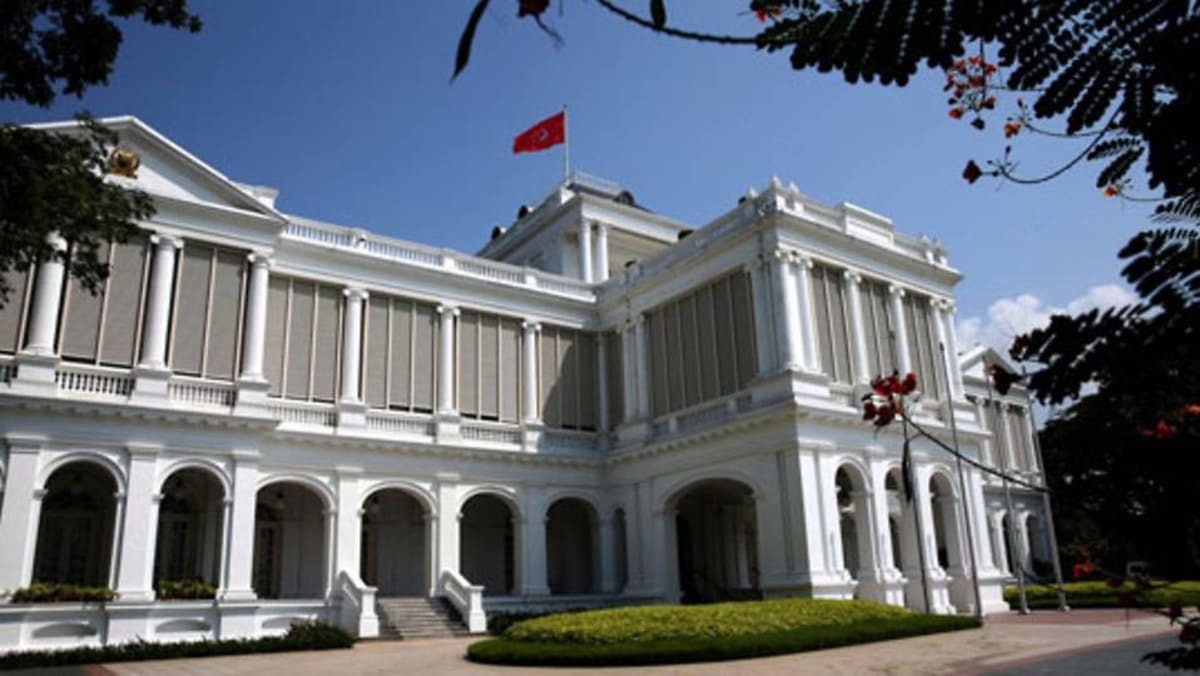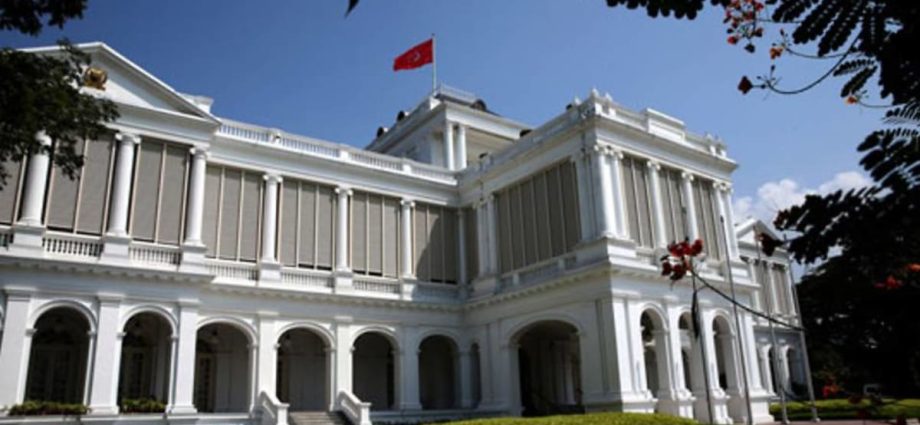
According to Education Minister and Minister-in-charge of the Public Service Chan Chun Sing, responding to a question in Parliament on May 10, there are more than 1,200 companies here that meet the shareholders’ equity requirement.
It takes a courageous man or woman with a deep sense of public duty to step in the ring and face national scrutiny over his fitness to attain the highest office of the land. I know of at least one person prepared to do so and I hope there are more likewise.
Why is it important?
The elected president plays a unique role in Singapore which sets it apart from the government. Though he (or she) does not have executive powers, he can be an effective check in the two important areas he has powers over, in safeguarding the reserves and in key appointments.
There is a reason why the Constitution states that he should not be a member of any political party, to preserve his independence and autonomy.
All past presidents had links to the ruling party. All have served Singapore well but their political association have politicised the office, even if they have acted with the utmost integrity and ability.
It might not have been a problem in the past when the PAP was unchallenged electorally and able to count close to 70 per cent of the popular votes in general elections (GEs).
But there is much more contestation today and support for the ruling party has fallen to the low 60s.
In the last GE in 2020, the opposition Workers’ Party garnered more votes than the PAP in the wards contested by both parties.
When there is such a divide, a president with close association to a political party will find it difficult to win the support of a significant segment of the population.
The problem is compounded when there is no contest and Singaporeans are deprived of their legitimate right to vote their choice.
This was most evident in the last election in 2017 which was reserved for Malay candidates, a new requirement introduced by the government to ensure minority representation at the highest level.
The reserved presidency was already a controversial move. A no-contest because Madam Halimah was the only candidate to qualify made it even more contentious.
There were two other Malay candidates from the private sector who were interested and had applied to the Presidential Elections Committee to be qualified to take part. Alas, they failed to meet the criteria.

